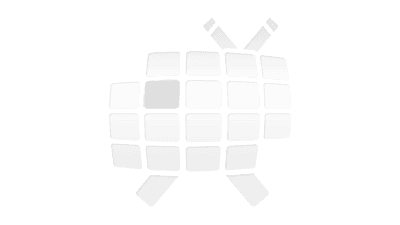Space Volcanoes Summary
Horizon Season 56 Episode 6 Synopsis
Horizon follows an international team of volcanologists in Iceland as they draw fascinating parallels with the volcanoes on Earth and those elsewhere in the solar system. Through the team's research, we discover that the largest volcano of the solar system - Olympus Mons on Mars - has been formed in a similar way to those of Iceland, how a small moon of Jupiter - Io - has the most unhappy eruptions anywhere, and find out that a moon of Saturn called Enceladus erupts icy geysers from a hidden ocean. Computer graphics combined with original NASA material reveal the spectacular sights of these amazing volcanoes. Along the way, we learn how volcanoes are not just a destructive force, but have been essential to the formation of atmospheres and even life. And through these volcanoes of the solar system, scientists have discovered far more about our own planet, Earth- hat it was like when Earth first formed, and even what will happen to our planet in the future.
Horizon Season 56 Episodes...
-
 s56e01 - Clean Eating - The Dirty Truth
s56e01 - Clean Eating - The Dirty Truth
-
 s56e02 - Hair Care Secrets
s56e02 - Hair Care Secrets
-
 s56e03 - ADHD and Me with Rory Bremner
s56e03 - ADHD and Me with Rory Bremner
-
 s56e04 - Why Did I Go Mad?
s56e04 - Why Did I Go Mad?
-
 s56e05 - Strange Signals From Outer Space!
s56e05 - Strange Signals From Outer Space!
-
 s56e06 - Space Volcanoes
s56e06 - Space Volcanoes
-
 s56e07 - Antarctica - Ice Station Rescue
s56e07 - Antarctica - Ice Station Rescue
-
 s56e08 - Cyber Attack - The Day the NHS Stopped
s56e08 - Cyber Attack - The Day the NHS Stopped
-
 s56e09 - 10 Things You Need to Know About the Future
s56e09 - 10 Things You Need to Know About the Future
-
 s56e10 - Dawn of the Driverless Car
s56e10 - Dawn of the Driverless Car
-
 s56e11 - Dippy and the Whale
s56e11 - Dippy and the Whale
-
 s56e12 - What Makes a Psychopath?
s56e12 - What Makes a Psychopath?
-
 s56e13 - Mars - A Traveller's Guide
s56e13 - Mars - A Traveller's Guide
-
 s56e14 - Goodbye Cassini - Hello Saturn
s56e14 - Goodbye Cassini - Hello Saturn
-
 s56e15 - Being Transgender
s56e15 - Being Transgender
Horizon Show Summary
Horizon is BBC Two's flagship 50-minute science documentary series.
Recognised as the world leader in its field, it regularly wins a sweep of international science, medical and environmental film accolades, and has recently won the Royal Television Society Award and the Prix Italia.
In 2002, the British Academy of Film & Television Arts presented Horizon with the BAFTA Television Award for Best Factual Series or Strand.
In 2003 it won the prestigious Images et Science award for best medical documentary and the Carl von Linne Award at the Living Europe film festival in Sweden. That year, a Horizon co-production with WGBH Boston won the Emmy for best documentary.
In September 2014 it celebrated its 50th anniversary and it continues to enjoy outstanding critical acclaim.